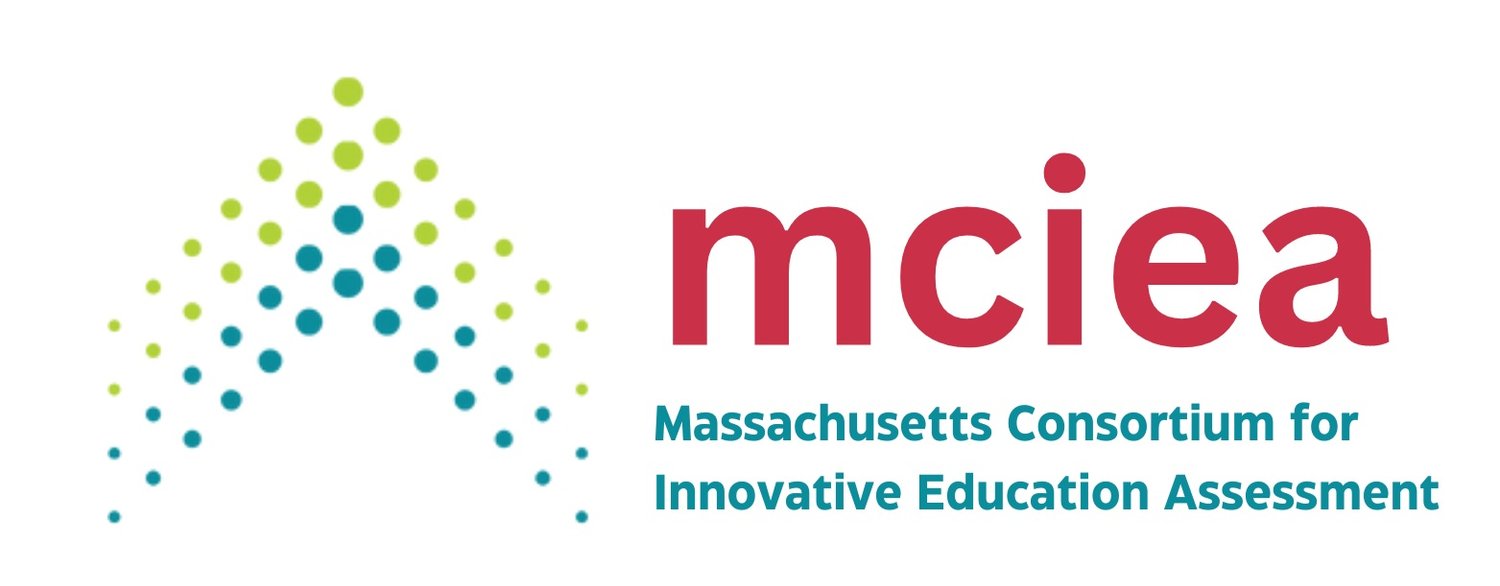Performance Assessments
MCIEA's vision of quality schools allows all students to demonstrate what they know and can do through real-world application, preparing graduates for college, career, and beyond. Consortium teachers learn to design, validate, and implement high-quality, standards- and skills-based, curriculum embedded performance assessments and reliably score resulting student work through professional learning and coaching from the performance assessment team. High-quality, field-tested assessments can be found in the MCIEA task bank. The performance assessment team is now working with a pilot group of MCIEA schools to create school-wide performance assessment systems to assess student learning, including making decisions on student proficiency, promotion, and graduation.
Key Features of Performance Assessments
Focusing on what is most important for students to learn
Assessments should test what is most important. Performance tasks provide opportunities for students to demonstrate their knowledge and skills in multiple ways. High-quality, authentic performance tasks are rich assessment experiences that engage students in meaningful writing, oral presentations, synthesis, analysis, reasoning, problem solving, and collaborative teamwork. PAs are better suited than traditional standardized tests for preparing students to tackle the kinds of tasks they will encounter in college, the workplace, and as citizens.
Embedding assessment in the learning process
Performance tasks are the culmination of curriculum units that enable students to demonstrate what they know and can do. They are an extension of learning as students apply their acquired knowledge and skills in a real-world setting.
Supporting all students in demonstrating knowledge and building skills to create a more equitable future
Well designed performance assessments provide opportunities to showcase the brilliance of minoritized students and challenge all students to cultivate competencies for creating a better future such as critical consciousness and anti-racism.
Giving students, educators, and parents a more timely and complete portrayal of student learning
Performance tasks provide rich information to facilitate immediate feedback on what a student knows and can do. This data enables teachers to address learning gaps in more timely ways. A portfolio of student work derived from performance assessments within and across academic years provides an in-depth view of how student learning is progressing over time and how knowledge is building towards proficiency of content standards and skills.
Performance Assessment Tools for Teachers
MCIEA Performance Assessment Template
A template used to design and codify a performance assessment task, including the standards and skills to be assessed, student output and teacher process notes, and suggestions for possible accommodations.
MCIEA Performance Assessment Rubric
A one-point rubric template that emphasizes the standards being assessed and provides space for individualized student feedback.
MCIEA Performance Assessment Review Checklist
Using the six elements of quality for performance assessments, this review checklist can be used in developing, editing, and reviewing performance assessment tasks.
This Edmentum Blog post, by Brita Hammar, offers an overview of Norman Webb’s Depth of Knowledge (DOK) framework, a model for considering the rigor of a performance assessment.
Portfolios of Performance Pilot Planning Sheet
Teachers and administrators can map the standards that will be assessed throughout the year, along with the accompanying performance assessment tasks. This planning sheet could be used alongside the “What Does a Performance Assessment System Look Like?” handout.
Design Elements for Antiracist Performance Tasks
This brief introduces educators to four design elements for developing more equitable performance assessments. An example performance assessment accompanies the description of each element.



